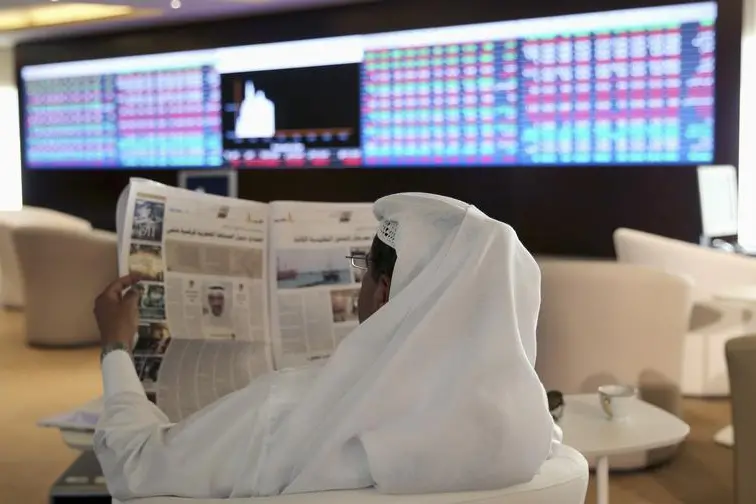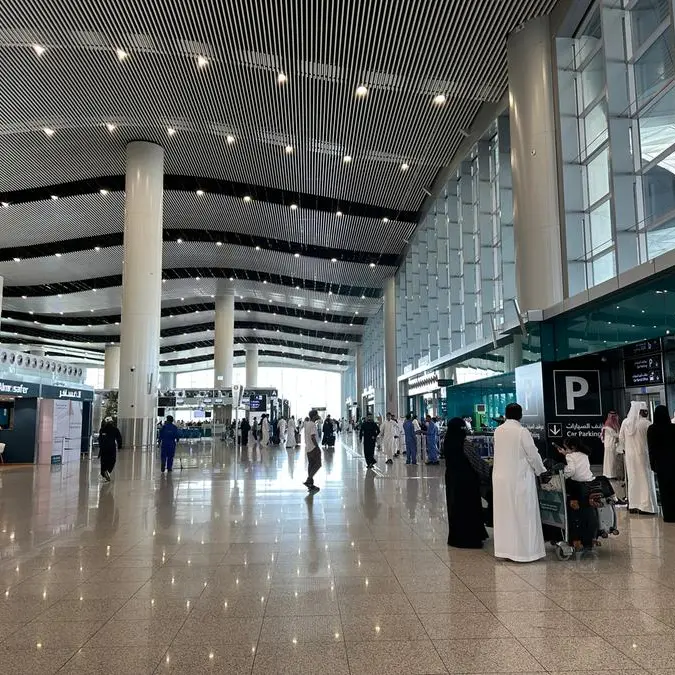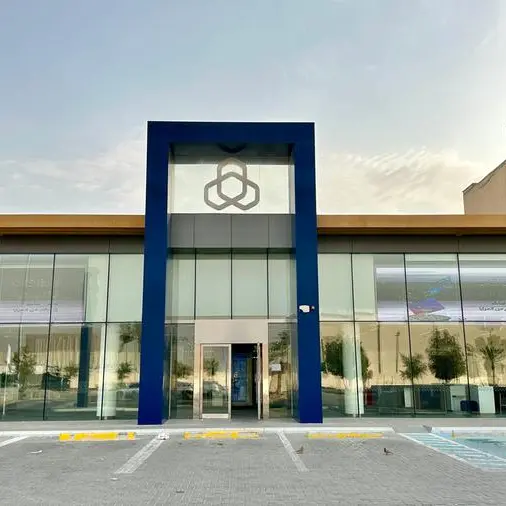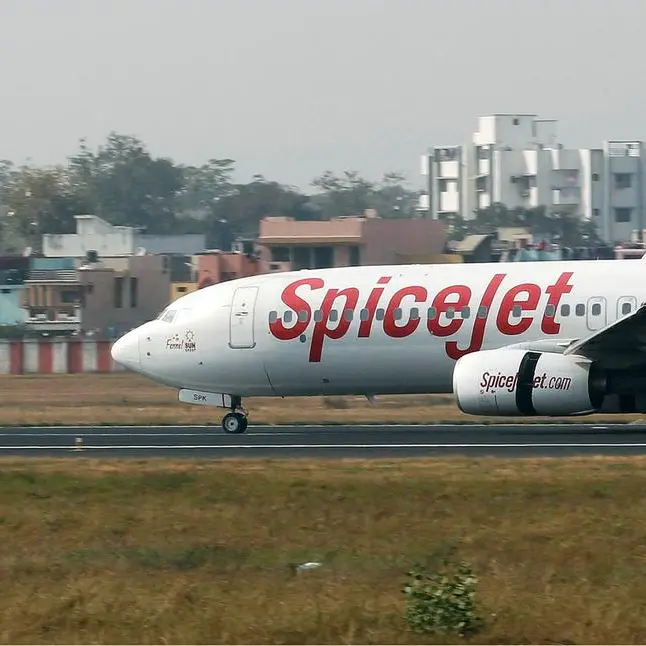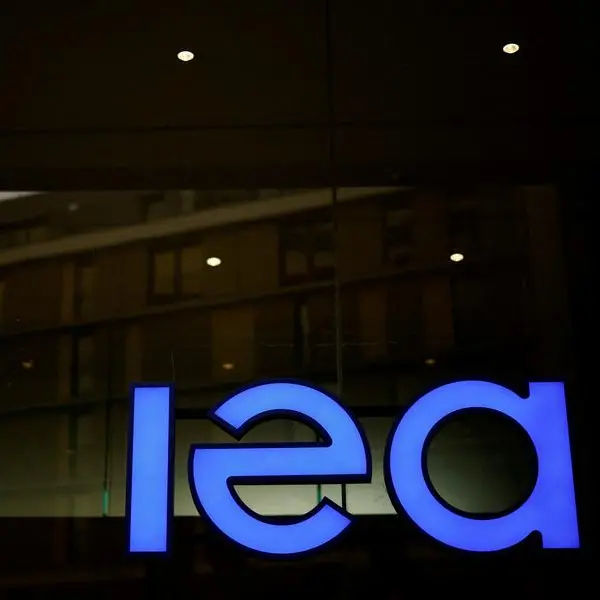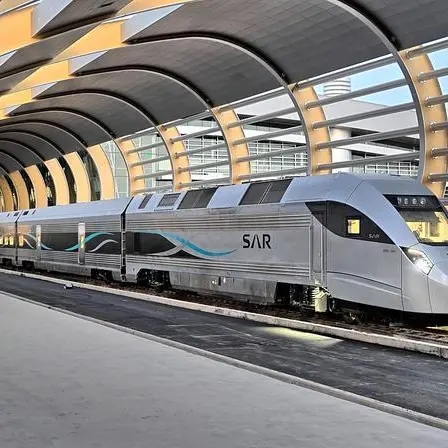PHOTO
"The government has a role to play in supporting more Initial Public Offerings (IPOs) in Qatar, according to Salah Shamma, Head of Investment - MENA Equity at Franklin Templeton Investments.
Qatar is consistently viewed as a major destination in which to do business. However, the associated growth that accompanies such demand is not reflected in the country's stock exchange, as evidenced by the fact that there's only been one new listing reported in the past five years.
The government has taken note of this and has been proactively trying to encourage private companies to list. That being said, not many IPOs have come in the market, which is still dominated by the government selling down equity stakes in state assets.
Mesaieed Petrochemical Holding Company Limited (MPHCL), part of Qatar Petroleum, is the only listed company which has come out with an IPO in January 2014 and despite a significant positive response, interest remains lacking from others.
"Though some positive steps were taken by the regulators the big challenge is for the government to motivate companies to go public. Even the MPHCL issue was open only to Qatari nationals and included a free shares option if individuals held onto the stock over a period of time," Salah Shamma, Head of Investment - MENA Equities at Franklin Templeton Investments ME points out.
Such preferential treatment has the potential to create differing views on a stock depending on whether the investor is from Qatar or the international market place. "The regulator should ensure that everyone who participates is doing so within the same framework and this should play a positive role in ensuring that the market is as open as possible for international investors. As the market continues to develop, there will be a requirement for more liquidity and the regulator shouldn't rely on local capital to bridge that gap," he says.
According to Shamma, equity markets provide a vital forum for corporations to access long-term capital. This is particularly important in the aftermath of the financial crisis when overall liquidity became less available.
The IPO market in Qatar has, so far, typically been used as a platform for wealth transfer rather than a primary source of financing. As such, the regulator has a role to promote the equity markets as an additional avenue for corporations to diversify their sources of funding.
International investors will not shy away as Qatar has an appealing economy and is a destination for many. The country is projected to grow by more than 6% over the next five years, bracketing it in the ranks of the fastest-growing economies worldwide. "This is a resource-rich country with large sovereign reserves driving substantial non-oil sector growth and supported by a strong population growth. Additionally the currency is dollar-pegged, so who would not like to invest in the country?" he asks.
Shamma also suggests that there is a real opportunity for large Qatari family-owned businesses to look into listing on the equity market. It is estimated that family-owned businesses control close to 80% of the country's non-oil wealth. That said, one of the challenges remains the minimum listing amounts required for companies going public. Current guidelines suggest that this should be at least 40%, but for many this may represent a loss of too much control over proceedings.
"In an ideal world, such companies are more comfortable with 20% to 25% and the government should perhaps recognise this to promote a more active IPO market."
Shamma points out that the UAE has also been facing similar issues with regards to family-owned businesses and large companies who were also reluctant to cede 55% of their companies in an IPO.
However, in an effort to address the issue, the UAE government has issued a new company law which reduces the minimum free float to go public to 30%. The new law, issued last month, is expected to encourage financial markets and new IPO activity on the UAE markets.
With contributions from the non-oil sector to the GDP growing fast the government should amend existing laws so that there will be more participation from the family-owned businesses and the investors will have access to retail, hospitality and healthcare and other sectors, all of which show promise in the market given ongoing development plans.
Qatar has already taken steps to increase Foreign Ownership Limits (FOLs), which in turn are expected to increase its weighting in the Morgan Stanley Capital International (MSCI) Emerging Markets index. Since this Index covers over 800 securities in 23 markets worth more than $500 billion (QR182 billion), it will attract significant liquidity which, in turn, reduces volatility in the market.
"With contributions from the non-oil sector to the GDP growing fast, the government should amend existing laws so that there will be more participation from the family-owned businesses and the investors will have access to retail, hospitality and healthcare and other sectors, all of which show promise in the market, given ongoing development plans." - Salah Shamma, Head of Investment - MENA Equities, Franklin Templeton Investment ME
FTSE Index
Qatar, which is on the watch list of the Financial Times Stock Exchange (FTSE) 100 Group, the indexing unit of the London Stock Exchange, will be reviewed along with other countries such as Greece, Kuwait, Kazakhstan, Mongolia, Palestine, Poland and Taiwan for reclassifying them from frontier into secondary emerging markets in September 2015.
"This could bring in another wave of investment as witnessed after the Qatari bourse was reclassified by MSCI, along with the UAE, as an emerging market in June 2014," Shamma recalls.
The Saudi market
Qatar along with Saudi Arabia will attract investments after the latter opens its market to foreign investors. At present, Saudi Arabia has opened only 1% of its market - $5 billion (QR18.2 billion) - to international investors. "Once this limit is enhanced to 10% it will be a $50 billion (QR182 billion) opportunity for investors," he says, adding that Saudi Arabia can command a 2% to 3% share of the MSCI Emerging Markets index when its status is upgraded as an emerging market in 2017.
"Qatar and the UAE are important markets, but the scale of Saudi Arabia is something quite different - it is by far the largest market in the region. Its market capital, even within the context of emerging markets, is bigger than South Africa, Russia and Turkey. Even in liquidity terms, the average daily volumes are also almost double these countries," he says.
Falling oil prices
Despite low oil prices, there is still reason for optimism in the region, with Gulf countries learning from previous years when oil prices have been low. These countries have amassed huge wealth from the surplus revenues generated from oil sales, launched Sovereign Wealth Funds as well as built foreign exchange reserves of around $3 trillion (QR10.92 trillion). These savings accounted for more than 150% of their combined GDP and the average debt-to-GDP in the GCC markets is less than 10%.
"This means the GCC nations can continue spending without being overly concerned about low oil prices, even as OPEC has allowed the prices to fall in order to eliminate high-cost producers," he says.
Shamma points out that Oman, the UAE, Saudi Arabia and Qatar (which has extended last year's budget by nine months till December 2015) have announced "record budgets", thus affirming their commitment to continue with infrastructure development programmes. "This indicates that there is very good growth visibility in the next three to five years," he says.
While the oil sector has been driving growth of the oil exporting countries in the Middle East during the last decade, the contribution from the non-oil sector to their GDPs has also been on the rise. It is worth noting that family businesses make up some 80% of non-oil GDP in the GCC. According to International Monetary Fund (IMF) projections for the next five years, the growth of the oil sector component to these GDPs is expected to be flat - between 0.5% and 0.7% - with the bulk of the growth coming from the non-oil sector.
"The reason why smart investors are looking at the non-oil sector is the spending on segments like hospitality, retail, banking and infrastructure which has gone up considerably while they have no access to the oil sector which is owned and managed by the government," he says.
The other reason for investors to park their funds in the region's non-oil sector is the increasing interest rates in the US, which is countered by the Quantitative Easing policy initiated by countries in Europe and Japan, whereas the GCC markets, with high-yielding assets, are paying the highest dividends in the world with an average growth of 4%.
© Qatar Today 2015
